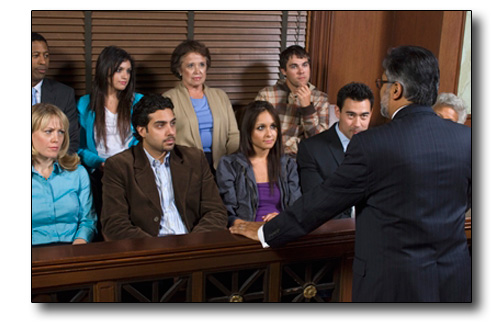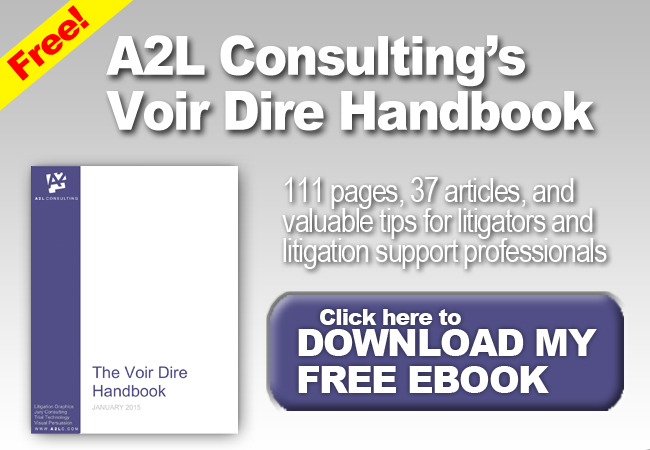The process of voir dire is crucial when it comes to selecting a jury for a civil trial. During this process, attorneys have the opportunity to question potential jurors to determine whether they are fit to serve as impartial jurors.
While there is no magic formula for selecting the perfect jury, attorneys should always ask certain questions during voir dire. This blog post will explore six essential questions that attorneys should ask potential jurors in civil trials.
1. What is your occupation?
One of the first questions that attorneys should ask potential jurors is their occupation. This information can help attorneys identify potential biases or conflicts of interest during the trial. For example, a potential juror who works for a large insurance company may be more likely to side with the defendant in a personal injury case. Similarly, a juror who is a teacher may be more sympathetic to a plaintiff who is seeking damages for lost wages.
2. Have you ever served on a jury before?
Another important question to ask potential jurors during voir dire is whether they have ever served on a jury. This information can help attorneys assess the juror's experience and familiarity with the legal system. If a potential juror has served on a jury before, attorneys may want to ask follow-up questions about their experience. For example, did they have a positive or negative experience? Did they feel that they were able to be impartial?
3. Do you have any personal experiences that may affect your ability to be impartial?
Attorneys should also ask potential jurors whether they have any personal experiences that may affect their ability to be impartial. For example, a juror who has been involved in a similar legal case in the past may be more likely to have strong opinions about the case. Similarly, a juror with a close friend or family member involved in a similar case may also be biased. By asking this question, attorneys can identify potential biases and decide which jurors to strike.
4. What is your view on the legal system?
Another important question for potential jurors is their view of the legal system. Do they believe that the legal system is fair and just? Do they have any negative opinions about the legal system? This information can help attorneys to identify potential jurors who may be more likely to be sympathetic to their case. For example, a juror with a negative view of the legal system may be more likely to side with a plaintiff seeking damages for a perceived injustice.
5. What is your view on the role of juries in the legal system?
Attorneys should also ask potential jurors about their views on the role of juries in the legal system. Do they believe that juries have an important role to play in the legal system? Do they believe that juries are capable of making fair and impartial decisions? This information can help attorneys to identify potential jurors who may be more likely to take their role seriously and make informed decisions based on the evidence presented during the trial.
6. What is your attitude towards the specific type of case being tried, their understanding of the burden of proof, and their ability to follow the instructions given by the judge?
The goal of voir dire is to ensure that the jury is comprised of individuals who can make fair and impartial decisions based on the evidence presented during the trial. Attorneys should ask potential jurors whether they are willing to keep an open mind and base their decision solely on the evidence presented during the trial. This question is important because it helps to ensure that jurors are able to be impartial and make decisions based on the facts of the case, rather than their personal biases or opinions.
By asking these six essential questions during voir dire, attorneys can identify potential biases and decide which jurors to strike. While selecting the perfect jury will not guarantee a favorable outcome, taking the time to select jurors carefully can increase the chances of a win.
- 10 things every single mock juror has said ever
- A2L Consulting voted #1 jury consultants by the readers of LegalTimes
- 5 signs you have a problem verdict form
- 5 things every jury needs from you!
- 10 ways to spot your jury foreman
- FREE DOWNLOAD: The Guide to Jury Consulting for Litigators & Lit Support
- 12 tips for really really valuable mock trials
- SAMPLE TRIAL PREP CALENDAR







Leave a Comment